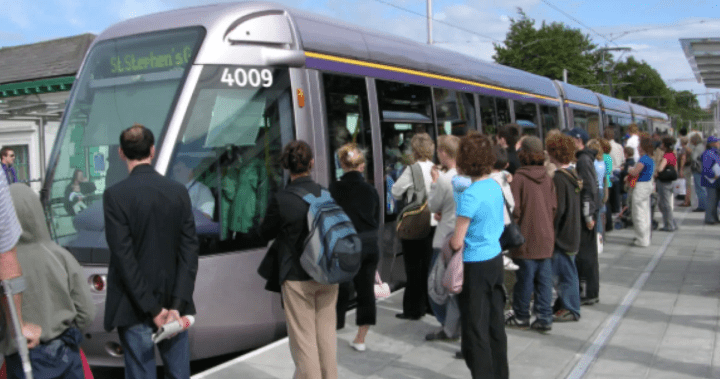Hamilton’s forthcoming LRT project is one step closer to being operated by a third party after councillors backed a staff recommendation to reduce the city’s liability. The proposal involves having a contractor operate the system for the first decade, with the city taking over afterwards. This would involve the city only handling customer service and fare enforcement, while the province would take on riskier operations such as training staff and maintenance. The move is aimed at minimizing risk during the transition from construction to operation and maintenance of the LRT, with a third party being responsible for these functions throughout the project.
The approval of the framework comes with an amendment from Mayor Andrea Horwath that solidifies Hamilton Street Railway’s (HSR) takeover in year 10, following a transition period after the first five years of operation. Despite the city council’s decision to go with the LRT subcommittee’s recommendation, most elements of the Hamilton LRT deal fall under the control of Metrolinx. Discussions on the city’s role in the operation of the 17-stop line began in July 2023, based on a memorandum of understanding between the city, Metrolinx, and the Ministry of Transportation. Various operation models were considered, including complete city control, full privatization, or splitting operations between the city and a third party.
Metrolinx has indicated that they are likely to opt for a third party to handle the operations of the LRT line, similar to the setup of Waterloo’s ION network. In Waterloo, a third-party international transportation operator manages maintenance and operations, with the region having the option to take over in the future. Former Region of Waterloo chief administrative officer, Mike Murray, recommended that Hamilton should have a detailed contract with the third party to avoid any disruptions and maintain a good working relationship. Before the council vote, delegates, including the Amalgamated Transit Union Local 107, urged the city to give operational control to the HSR exclusively, with the union threatening legal action if a private operator is chosen.
The recommendation from the LRT subcommittee still needs to be ratified by the council during the April 24 meeting. The decision to have a third party operate the Hamilton LRT line for the first decade aims to reduce the city’s liability and minimize risk during the transition from construction to operation and maintenance. Mayor Andrea Horwath’s amendment ensures that the HSR will take over the operation of the LRT in year 10, with a transition period leading up to that. Metrolinx’s control over most elements of the LRT deal may impact the city’s ability to implement its preferred operation model, as the decision ultimately lies with the provincial agency.
The aggressive process of determining the city’s role in the operation of the LRT line was based on a qualitative assessment and independent peer review. The various operation models considered ranged from full city control to full privatization, with the possibility of splitting operations between the city and a third party. The choice to have a third party manage the operations of the Hamilton LRT reflects a similar setup to Waterloo’s ION network, where a third-party operator handles both maintenance and operations. Moving forward, the city will need to ensure a well-drafted contract with the third party to maintain a good working relationship and avoid potential disruptions in the operation of the LRT line.


